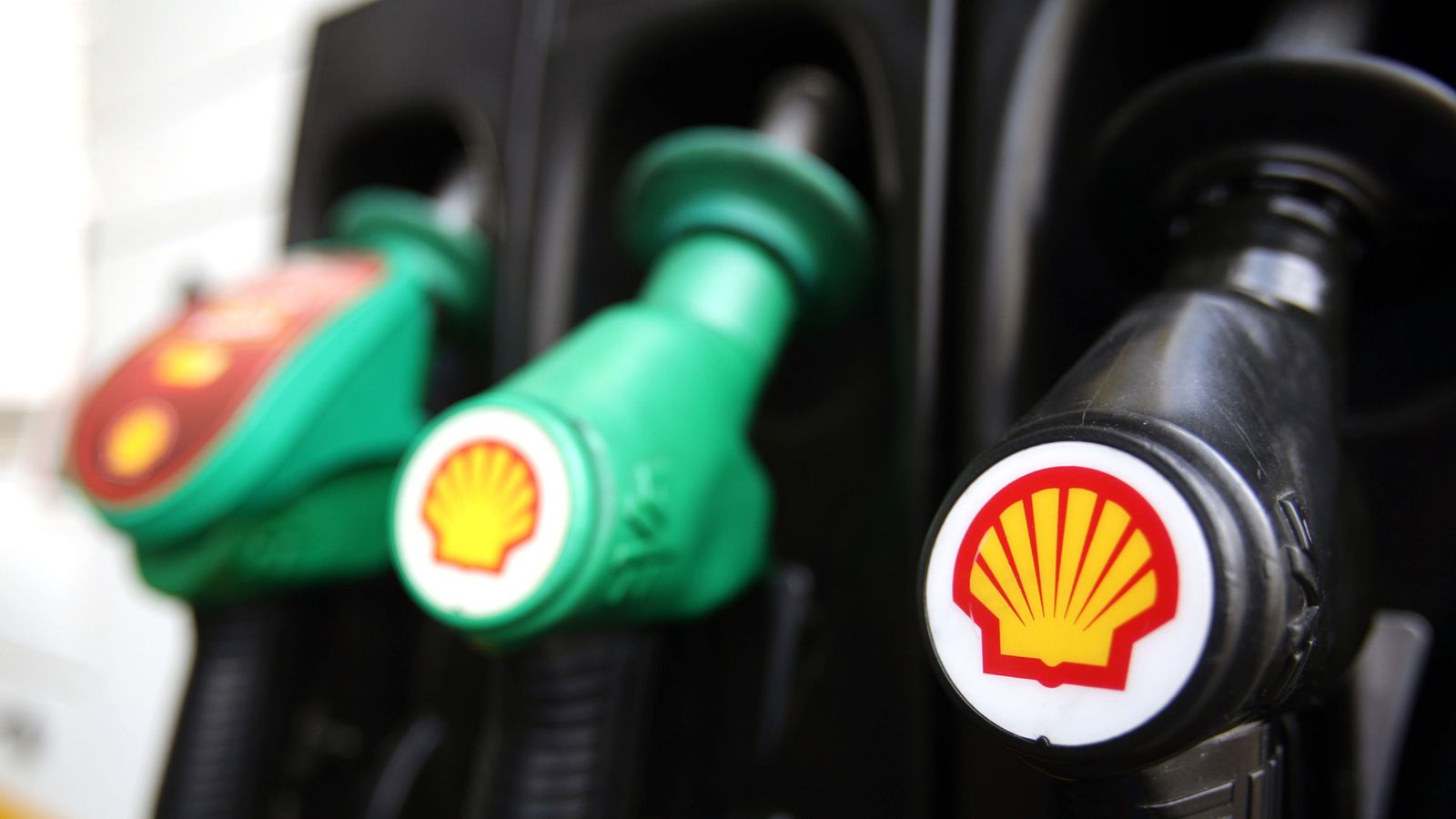Profits at oil and gas giant Shell have dipped below the record highs of 2022 but totalled $28.25bn (£22.32bn) in 2023 as energy prices remained high.
The company traded more in liquified natural gas (LNG) and increased production. This offset the fact it earned less from refining and from oil trading, and faced higher operating costs.
Profits in 2022 reached a record high of $39.9bn (£32.2bn) following the oil and gas price spikes after Russia’s invasion of Ukraine.
While it’s a fall of more than $10bn from a year ago, the firm’s 2023 profits still surpass those recorded in recent years and are nearly double the $16.5bn (£12.7bn) booked in the pre-pandemic year of 2019.
Profit last year was also close to the company’s previous record amount of $31bn reported in 2008.
Energy costs were still higher than before the war in Ukraine with the cost of a benchmark Brent crude barrel of oil reaching $90 numerous times throughout 2023.
Despite falling profits, shareholders are in line for a 4% increase in dividends and the company announced it is to buy back $3.5bn (£2.7bn) worth of shares.
Sewer power to heat hundreds of homes in Bolton
Hinkley Point C nuclear power station delayed by up to four more years
Millions to be cut off from gas and electricity this winter as energy bill debt continues to rise
Another share buyback, also worth $3.5bn, has already taken place, as announced in the previous quarterly market update.
The biggest contributor to profits was the gas portion of the business, Shell’s annual figures showed.
The company’s oil division also performed well because of higher production than the previous quarter.
Read more from Sky News:
UK will have to import more gas – money latest
First car without a rear window coming to UK
Be the first to get Breaking News
Install the Sky News app for free
Shell’s target of cutting oil production each year for the rest of the decade was dropped in June last year. It had cut its production by about 20% from a 2019 peak.
The International Energy Agency has said no new fossil fuel project is compatible with the globally accepted goal of limiting warming to 1.5C.






